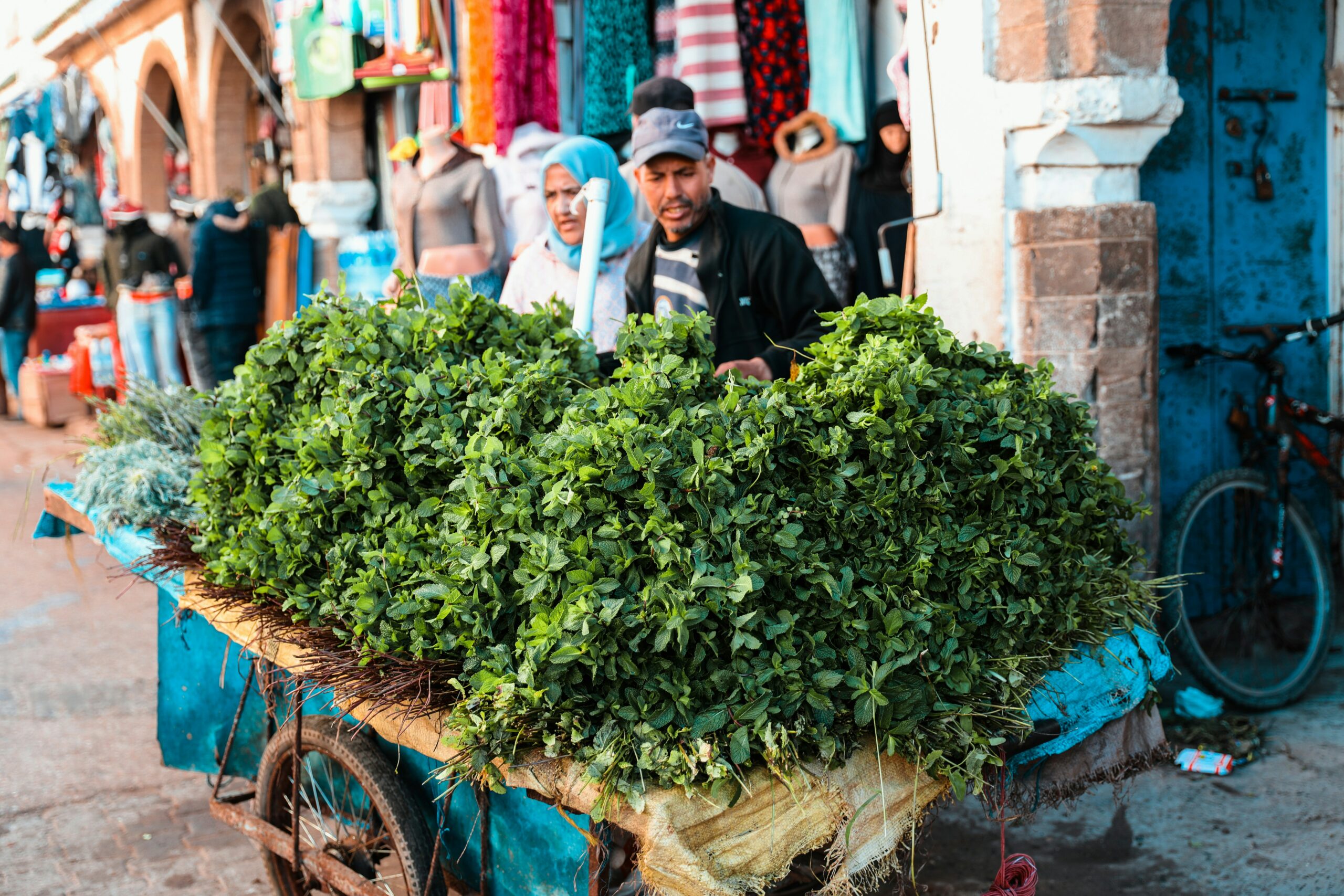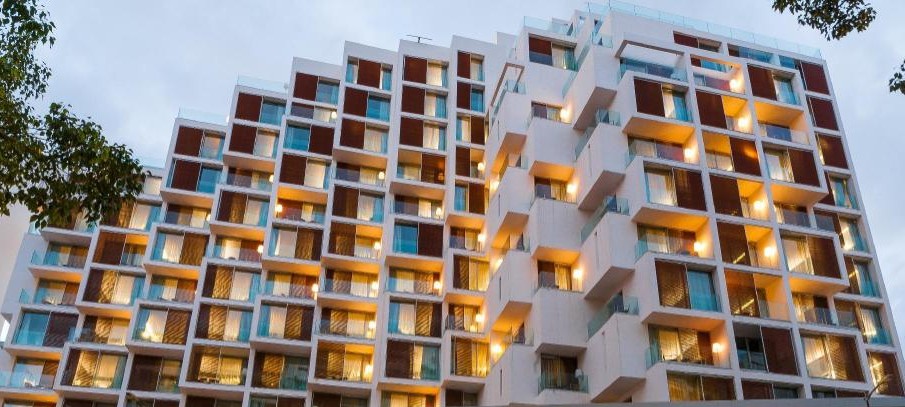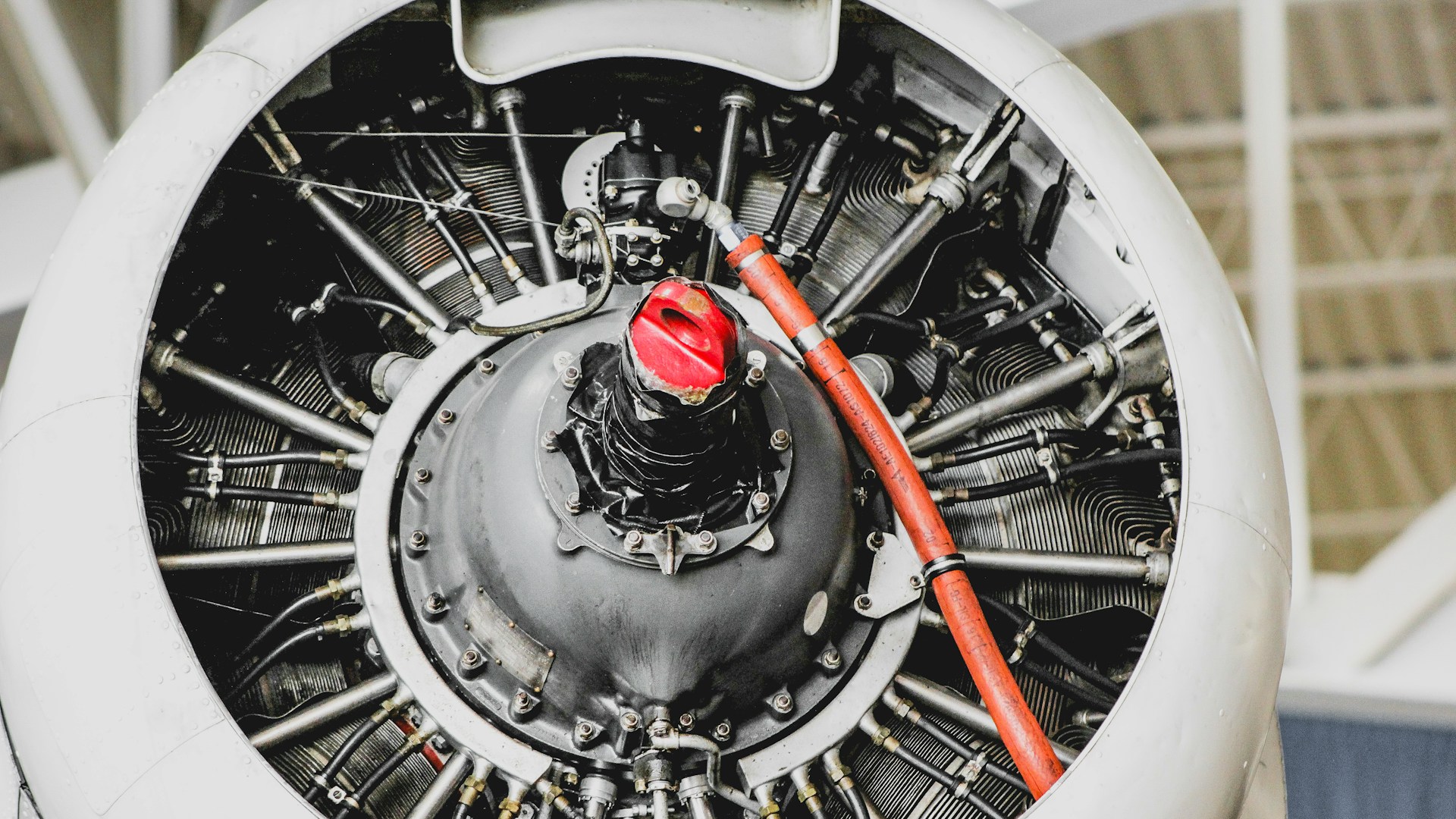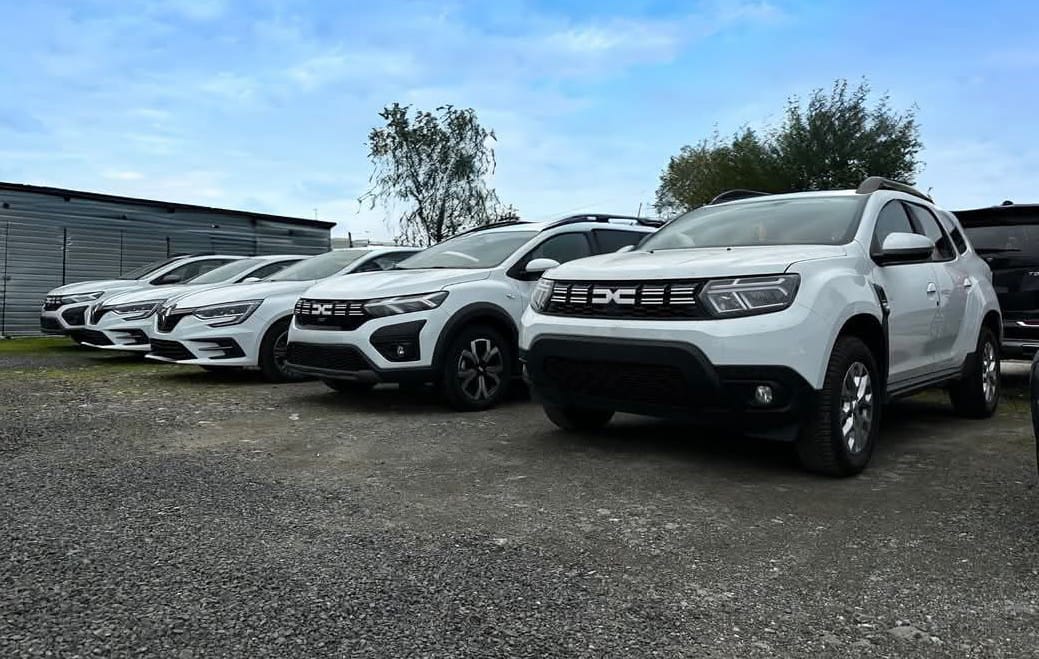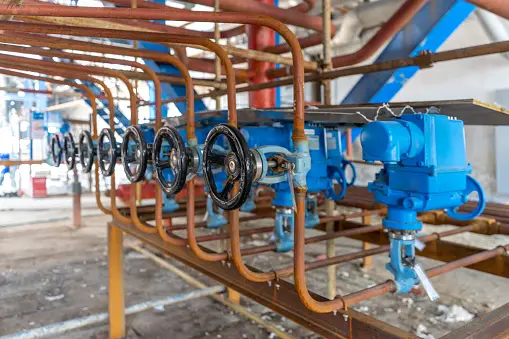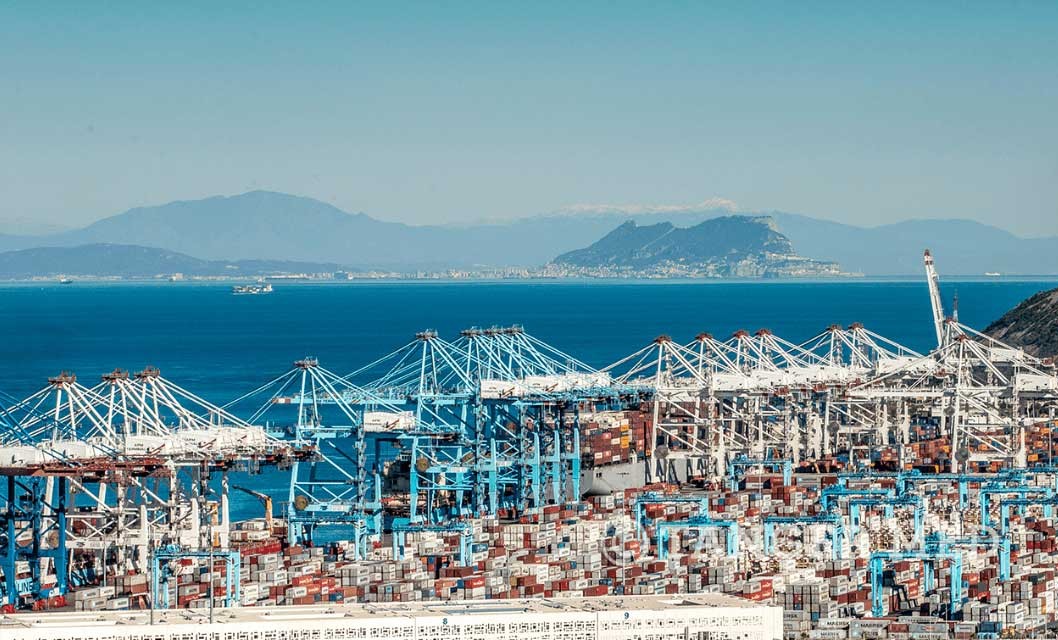Casablanca – As Morocco prepares to host the FIFA World Cup in 2030, the nation is undertaking a series of transformative projects across various sectors to ensure world-class infrastructure and services. In addition to sports facilities, Morocco is engaged in significant initiatives spanning transportation, aviation, and telecommunications. These projects are set to dramatically enhance the country’s capabilities, positioning it as a global hub for major sporting events.
Railway expansion and modernization
The National Railways Office has launched an extensive development program with an investment of approximately $8.97 billion. This ambitious plan aims to modernize and expand the railway network, including the extension of the high-speed line from Kenitra to Marrakech. Additionally, a regional high-speed rail network is being developed in key cities such as Casablanca, Rabat, and Marrakech. In 2024 alone, the railway sector saw a 9% increase in passenger numbers and a 17% rise in freight transport, reflecting the sector’s robust growth.
Motorway network expansion
The National Motorway Company has initiated a project to expand the motorway network by an additional 1,000 kilometers, aiming to extend it to 3,000 kilometers by 2030. This project, aligned with the royal directives, is crucial for improving connectivity between cities, especially those hosting World Cup events.
Aviation infrastructure development
The National Airports Office is executing an investment program worth $12.68 billion to upgrade airport infrastructure. This initiative will increase the capacity of major Moroccan airports, including Mohammed V Airport in Casablanca, Rabat-Salé, Marrakech, Agadir, Tetouan, Tangier, Fes, and Al Hoceima. Enhancements in the aviation sector are expected to bolster the tourism industry and support the expansion of Royal Air Maroc’s fleet from 50 to 200 aircraft by 2030.
Telecommunications upgrade
To meet modern communication demands, the National Telecommunications Regulatory Agency is working on enhancing 5G network coverage across Morocco. The goal is to achieve comprehensive 5G coverage by 2030, focusing on cities hosting World Cup matches, such as Casablanca, Rabat, Agadir, Marrakech, Fes, and Tangier.
Economic and environmental impact
These projects are not only pivotal for the 2030 World Cup but also for Morocco’s long-term development. The railway sector alone achieved a turnover of $484 million in 2024, with net profits of $196 million. The country’s focus on sustainable transportation, including expanding electric train networks and aiming for carbon neutrality by 2030, underscores its commitment to reducing greenhouse gas emissions.
Future prospects
Looking ahead, the National Railways Office plans to transport 57 million passengers and increase freight activity to 21 million tons in 2025. The ongoing projects, including the launch of additional high-speed lines and regional train services, are set to further enhance Morocco’s transportation infrastructure, making it well-prepared for the influx of visitors during the World Cup.
Morocco’s comprehensive development strategy for the 2030 World Cup highlights its dedication to providing top-tier infrastructure and services. These efforts are not only crucial for the success of the event but also for the country’s sustainable economic growth and global standing.







